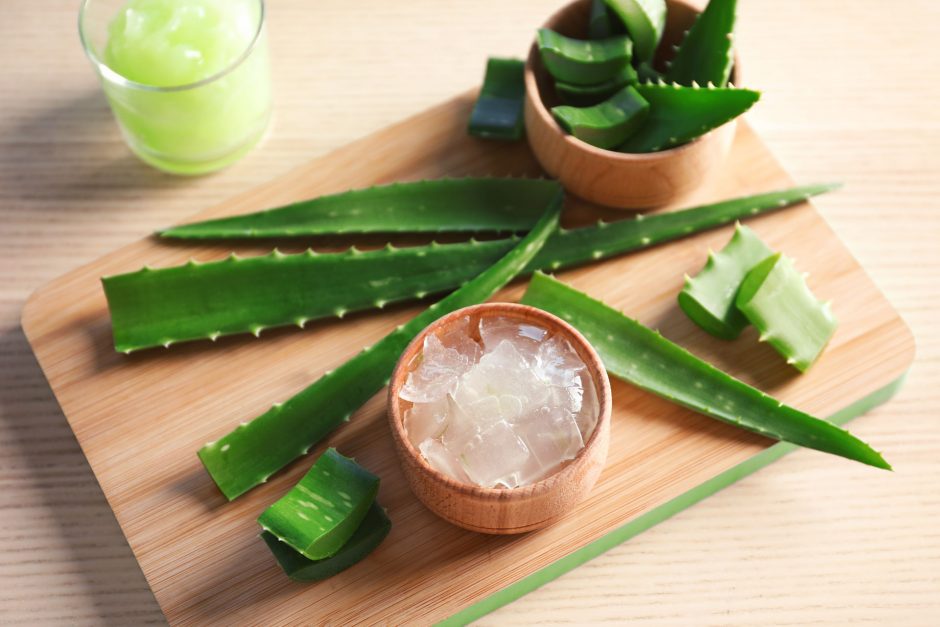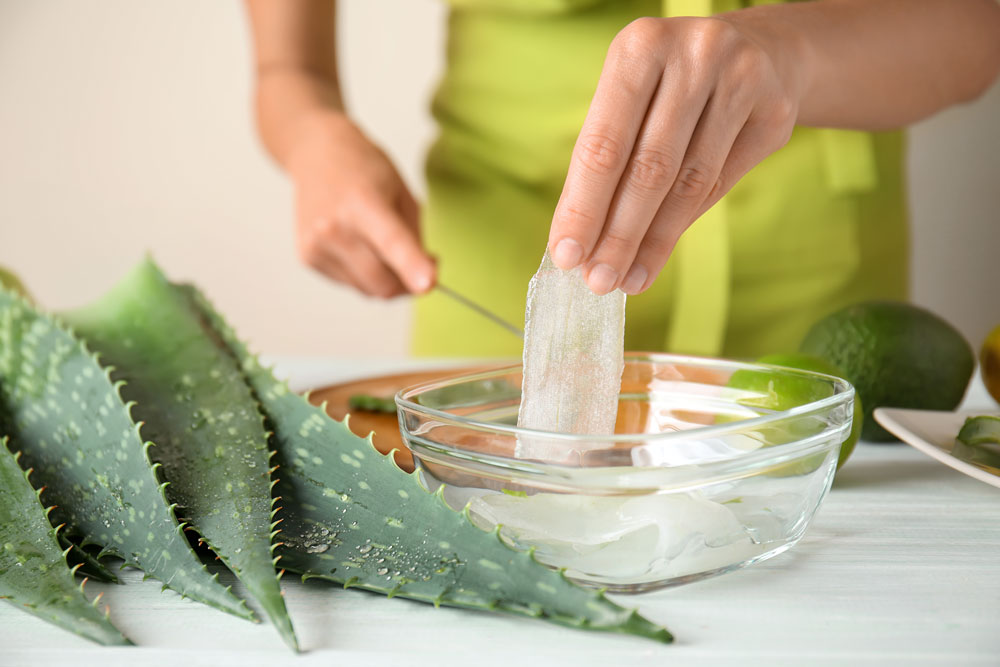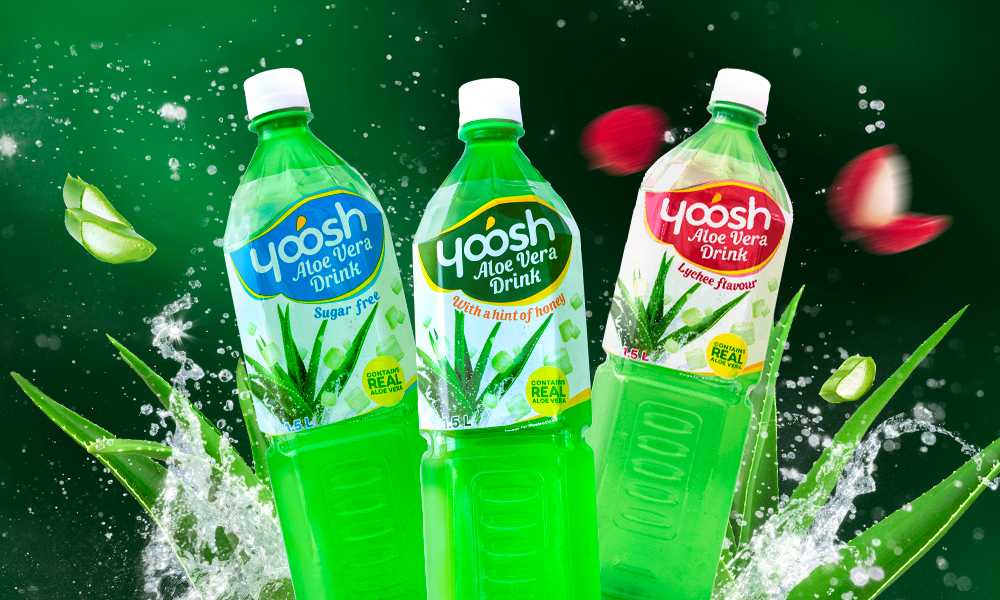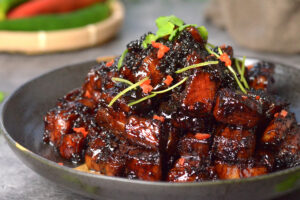Step by Step: How to Make Sticky Slow Cooked Chinese Pork Belly
Your guide to make the perfect and succulent Sticky Slow Cooked Chinese Pork Belly!
Discover the authentic in Asian cuisine food

If you’ve never seen it, the Aloe Vera plant may look strange. Long, thick sharp-tip leaves serrated with tiny ‘teeth’ on its sides, blossoming like a large green rosette. They can grow up to a meter tall, and won’t flower until at least 4 years old. Its leaves are also hard to the touch, and you may mistake it for a cactus because of its incredible resilience in arid conditions. But although it’s a succulent like cacti, which are a category of plants that requires far less water to grow and thrive, cacti store moisture in their stems and have very few leaves; while Aloe Vera is all about the leaves.
Native to the Arabic regions, and introduced to the rest of the world since the 17th Century, Aloe Vera has been cultivated widely in Europe, the Americas, Asia and even Australia, to be used in food, medicinal and cosmetic products. It’s also a common evergreen garden plant among Asian households, used in traditional skin care remedies, and savoured in desserts and drinks. So if you already have an Aloe Vera plant at home, now you know you can actually eat it too!

The part that is used or consumed actually lies within the long, thick leaves, namely, Aloe Vera gel. Slice an Aloe Vera leaf in half, lengthwise from the tip to the bell-shaped bottom; and open up to the firm translucent gel. Wash the gel thoroughly in cold water, slice it into tiny cubes or pieces, and voila, you’ve just made Aloe Vera jelly!
It has a cool, refreshing taste akin to fruit, with a mild soothing sweet flavour; and a bouncy, chewy texture. You can add Aloe Vera jelly bits to your salads, shaved ice desserts, fruit drinks, chilled or cold brew tea, etc. It’s also a yummy natural alternative to tapioca balls for your bubble milk tea!

Aloe Vera jelly is packed with Vitamins C, B, and antioxidants. Some Asian cultures like the Chinese blend the gel/jelly into a juice and apply it to the face for moisturizing effect, as well as to treat minor skin issues like sunburn. Or to drink as a remedy for constipation, as it does have laxative effects. Other studies found that eating Aloe Vera jelly may also help relieve heartburn, while the juice may lower your blood sugar.
Aloe Vera plants are simple to grow and take care of. As mentioned, they require less water, and are adaptable to all weathers, except heavy frost or snow. You can also plant them indoors.

But if you want it quick and easy, grab a bottle of Yoosh – a refreshing drink packed with the natural goodness of real Aloe Vera jelly. Comes in three wholesome flavours: Sugar Free, Hint of Honey and Lychee. You can also get creative with the fragrant lychee mocktail, sweet strawberry smoothie, or fruity mango jelly treat!

Your guide to make the perfect and succulent Sticky Slow Cooked Chinese Pork Belly!
-300x200.png)
Satiate your munchies craving with the crispy Japanese panko prawns!

Come explore the delicious, satisfying and unique train station bento of Japan!